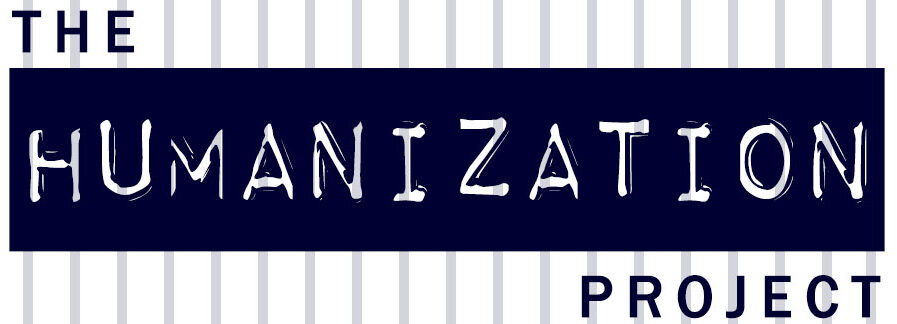Reading Between the Lines on Education
By: Taj Mahon-Haft
Watching the election and Youngkin’s early days, I am both impressed and perplexed. Impressed by his use of unassailable rhetorical phrases to frame educational issues. Perplexed why so many Virginians seem to miss what is actually being said.
Full disclosure: I am a straight, white man, and I believe in institutional racism. I’m not afraid of the Big Bad Wolf, ghosts, or critical race theory. I worked my tail off and EARNED my Ph.D., but I also recognize it was easier for me than most. Two things can be true at once. Ours is a great nation, still imperfectly pursuing great founding ideals while having made undoubtable strides. Acknowledging the need for further progress doesn’t diminish me; it inspires me to work harder to achieve these ideals. What I don’t get is why so many of my fellow Virginians are so readily misguided about education.
As a teacher, sociologist, and actual expert on inequalities, I am sickened by the semantic misdirection taking place, distracting well-intentioned voters from the real meaning of Youngkin’s words and policies. So what is between the lines?
“Parental choice” sounds ideal, but what is really being enacted? An autocratic decision by just him to eliminate numerous books and silence teachers, contrary to educators’ recommendations, from the curriculum of ALL students. Not just those whose parents choose so. Where’s choice for parents who want professional teachers deciding what is best to teach? For parents who want their kids understanding a range of voices to excel in an increasingly diverse world? For teens themselves? Ironic to proclaim choice then choose us all. More ironic that conservatives so often accusing others of being like Nazis are the ones actually banning books by the hundreds.
Not wanting students to feel bad about who they are sounds obvious, but what are you really eliminating? Any voices with norms, values, or identities not matching those who dominated history and those actively examining the ugly truths in the history of this great nation. How does this feel for any child who loses all the voices that feel relatable? Eliminating these uncomfortable discussions insultingly tells our young people we think they cannot handle nuanced, difficult topics and produces adults less practiced at analysis and dialogue, just so some parents can avoid having important conversations. Where will they learn resilience? What progress was ever made by ignoring unpleasant facts?
Being against discrimination is obvious, but what are you really saying when your (educator-free) committee’s report calls ongoing efforts to actively counter educational inequities “discriminatory”? That it is somehow unfair to proactively work so those groups who have unquestioningly faced generations of discrimination today achieve equal educational foundations. That it is wrong to right past wrongs with helping hands today. Family wealth, income, and school resources clearly impact educational opportunities. They are clearly not equal between demographic groups, so this clearly still hinders some children’s schooling. If it was your kid starting that 100-meter dash 30 meters back, wouldn’t you want a proactive adjustment to provide a fairer race? Are you seriously saying it is harder to do well in Virginia schools when you are White? Have you been to a public school recently?
Most of all, saying we already have “equal opportunity under the law” sounds patriotic and reassuring, but what are you really saying when you claim historic discrimination is not the root of unequal outcomes and that discrimination doesn’t offer White children an easier road? Here is the largest misunderstanding. All demographic groups should have equal average outcomes unless something built into either the system or people causes a difference. Well, outcomes are NOT equal, with African American and Hispanic American students ending up with lower aggregate standardized scores. So, if you’re saying it’s not baked into the institutions preceding those tests, there is only one other explanation you MUST be inferring: That it’s those groups, inherently less academically-capable because of their skin color, national origin, and/or culture. There must be a cause and only two possible explanations exist, and you’re saying it’s not the other one. Like the scientific consensus, I know that the genes that code for melanin have no effect on intelligence, and I can’t blame any historically oppressed group. So, is that what you’re really saying, Governor Youngkin?
That sure sounds very much like an ingrained, unintentional bias that could produce or perpetuate unfair outcomes. Aka, institutionalized racism. It is NOT, by definition, committed by bigoted individuals and the concept in no way morally implicates individually anyone who benefits, unless they don’t try to help. There is no need to be defensive, just work to improve things consciously.
I doubt Governor Youngkin, nor most supporters or appointees, intends discrimination. Most bias today is implicit. But that doesn’t change its impacts, actually making them more insidious. Hence why it is so important we all really consider what is being said between and beneath the catchy political soundbites that tug emotionally. Often they hide impacts and meanings that contradict the surface tone. Only voting with deep understanding can we align with those highest ideals for everyone
